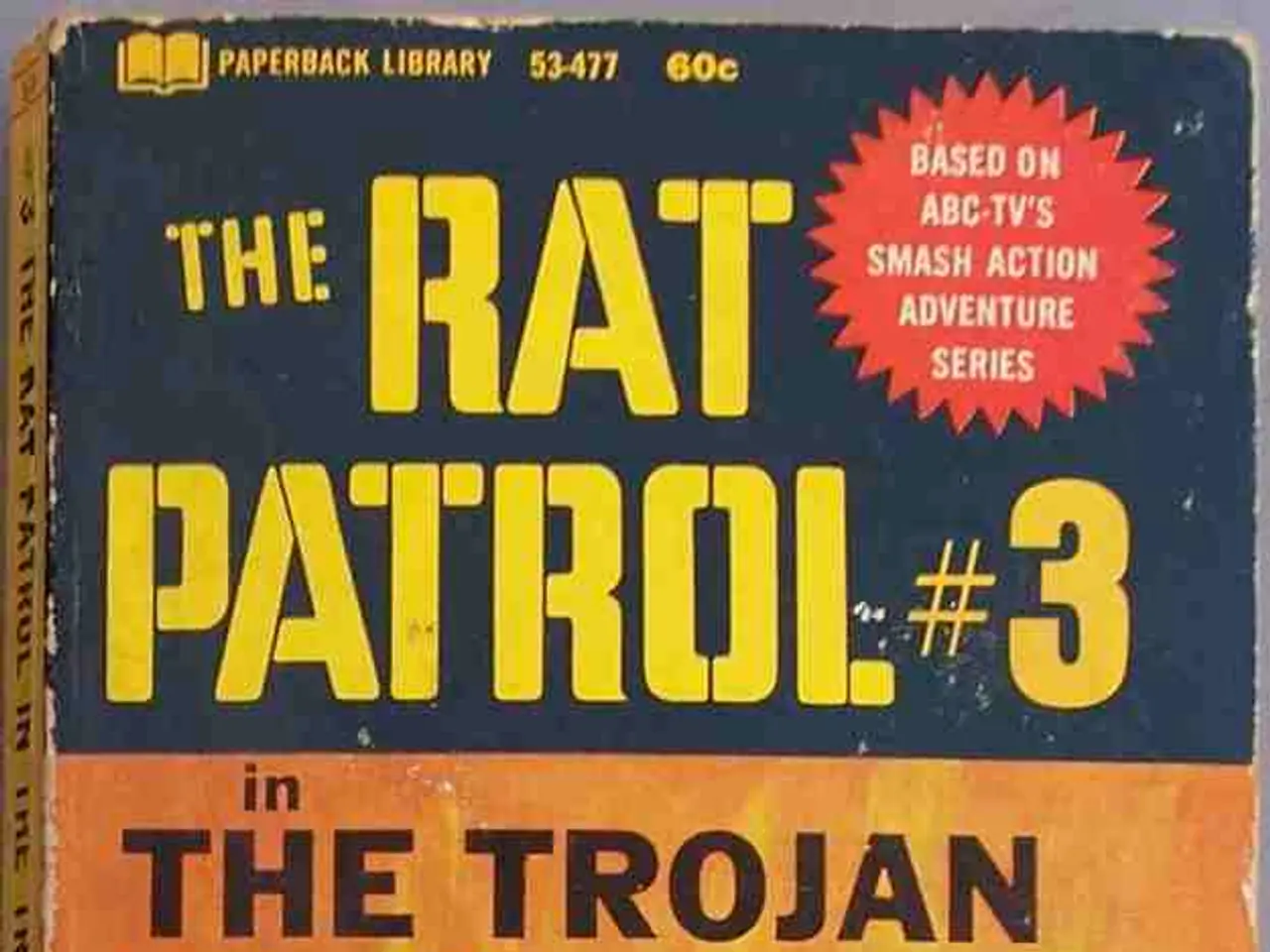Thai Air Force Pledges Prioritized Civilian Protection in F-16 Aerial Missions
Royal Thai Air Force Publishes Guidelines for Air Operations
The Royal Thai Air Force (RTAF) has released a statement outlining its operational guidelines for air operations, including those conducted by its F-16 fighter jets. The guidelines are based on the five core principles of international humanitarian law (IHL) and are derived from the Additional Protocol I to the Geneva Conventions (1977) and customary law.
The RTAF's commitment to avoiding civilian harm is evident in these guidelines. The Principle of Distinction requires military forces to distinguish between military targets and civilians, and deliberate attacks on civilians or civilian objects are strictly prohibited. The Principle of Proportionality demands that any attack by the RTAF not cause excessive civilian loss in relation to the military advantage anticipated. The Principle of Precaution demands that the RTAF takes all feasible precautions to avoid and minimize harm to civilians, including giving effective advance warnings when possible and carefully selecting the time, angle of attack, and type of weapon to reduce civilian casualties. The Prohibition of Indiscriminate Attacks bans attacks not directed at a specific military target, including the use of weapons or tactics with widespread, indiscriminate effects, such as incendiary bombs in urban areas.
The Principle of Military Necessity & Humanity requires the RTAF to use force that does not exceed what is necessary to achieve the mission and must avoid causing unnecessary suffering. The RTAF has provided an example of this principle, citing a military command centre located in a densely populated area.
The clarification of the RTAF's operational framework is seen as a move to build public trust and demonstrate its adherence to international standards. However, publicly available reports from the recent conflict mainly describe contested actions and accusations rather than clear, specific examples of how the RTAF has implemented IHL norms in its use of F-16 fighter jets.
During the border conflict with Cambodia in July 2025, the RTAF used F-16s in airstrikes that reportedly involved bombings that affected military targets but also resulted in incidents such as explosives landing near a primary school, which led to school closures. The Thai government and military officials emphasize their right to self-defense and maintaining operational authority under martial law during the conflict, and they have acknowledged involvement of observers and international parties to verify ceasefire implementation but stress bilateral resolution.
Both Thailand and Cambodia have accused each other of violating IHL norms such as deliberately targeting civilians or protected sites. The RTAF has supported joint military operations alongside the Army to respond to the escalation, implying coordinated operational control potentially consistent with rules of engagement aligned with IHL principles such as distinction and proportionality, though no explicit statement is given.
While the RTAF operates within a military and political framework that acknowledges IHL-related principles such as self-defense and operational restraint under martial law, publicly available reports from the recent conflict mainly describe contested actions and accusations rather than clear, specific examples of how the RTAF has implemented international humanitarian law norms in its use of F-16 fighter jets.
- The guidelines published by the Royal Thai Air Force (RTAF) for air operations, based on international humanitarian law (IHL), extend not only to military targets but also to delicate issues such as war-and-conflicts and general news.
- These guidelines, influenced by the five core principles of IHL, show the RTAF's commitment to international politics, including the Principles of Distinction, Proportionality, Precaution, Prohibition of Indiscriminate Attacks, Military Necessity & Humanity, and Cultural aspects, thereby shaping their approach to wider international culture.
- Amidst the border conflict with Cambodia in July 2025, the RTAF's use of F-16 fighter jets was a point of international politics controversy, as both countries accused each other of violating IHL norms, subsequently entering a cycle of accusations and counter-accusations concerning the principles of distinction, proportionality, and avoiding civilian harm, reflecting the complexities of international politics and war-and-conflicts.






